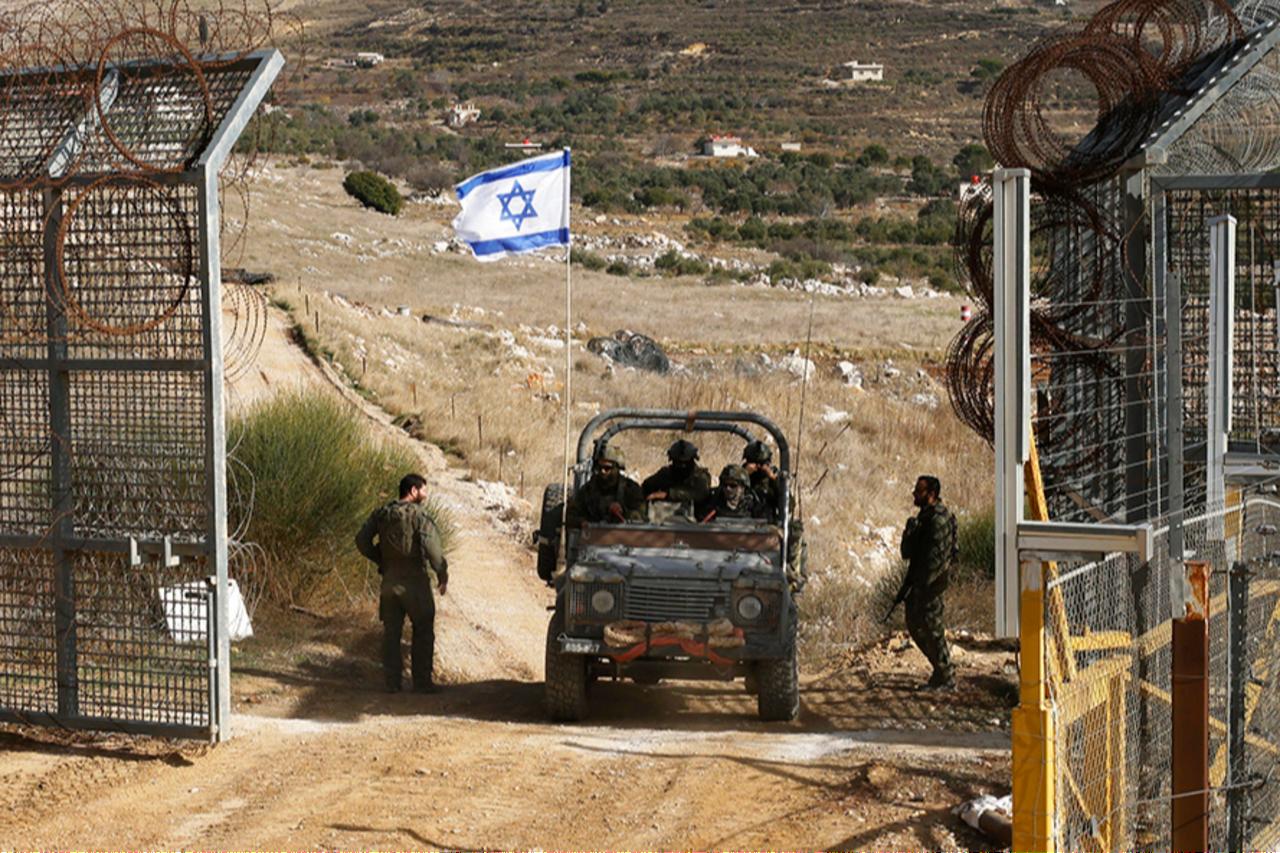
Foreign Minister Hakan Fidan warned that Israel's territorial expansion through Syria poses the greatest risk to regional stability, revealing intense consultations with the United States to prevent further Israeli advances in the war-torn country.
"The biggest risk is the risk of Israeli expansionism continuing through Syria; this is the issue we talk about most, consult about most, and discuss with the Americans," Fidan said during a live television interview on Turkish media outlet Ulke TV on late Saturday.
The foreign minister disclosed that Türkiye, the U.S., and Syria are planning a trilateral meeting soon to address security concerns, as the Trump administration seeks to implement its own comprehensive approach to the Syrian crisis.
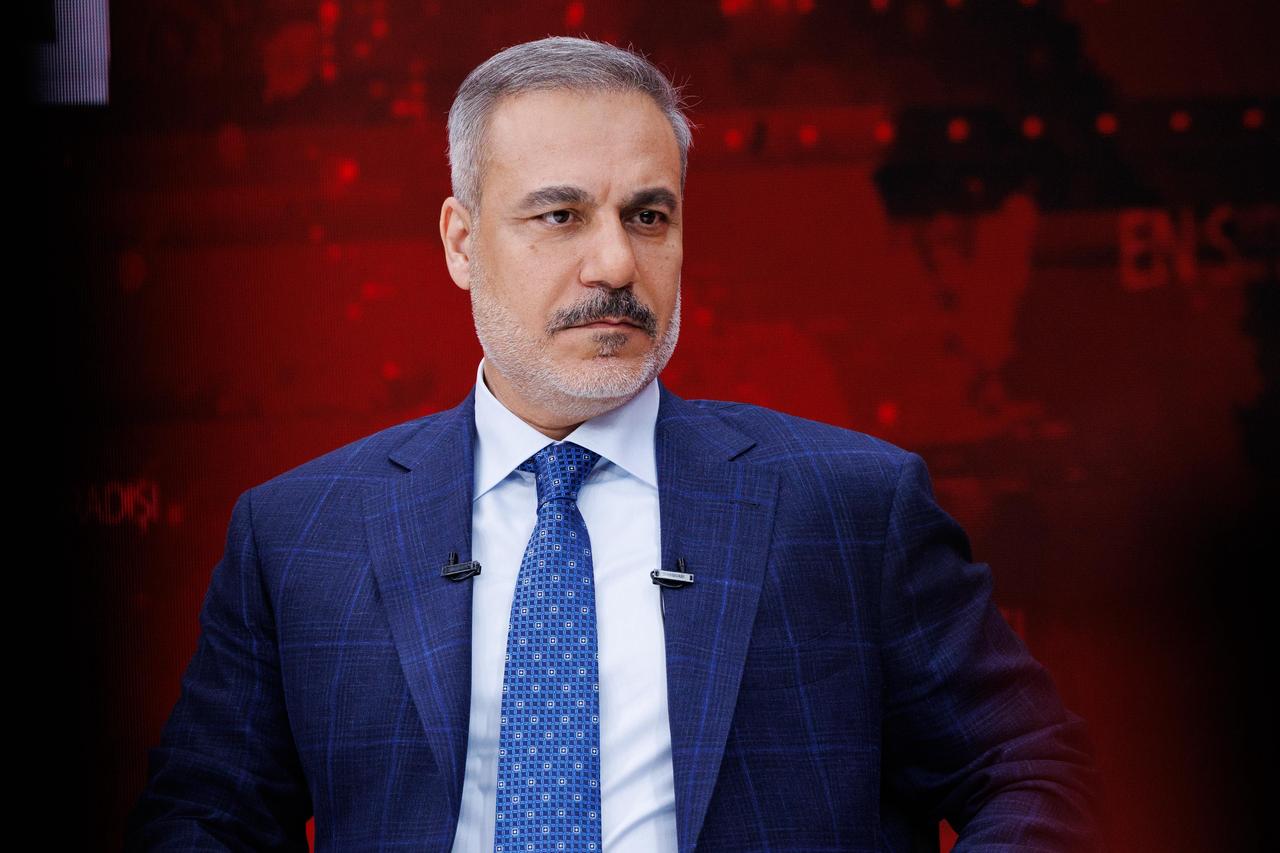
FM Fidan explained that Türkiye maintains intensive contact with Damascus through a strategic council led by Vice President Cevdet Yilmaz, coordinating various ministries on Syrian affairs, including refugees, field operations, energy, trade, customs gates and aid.
Deputy Foreign Minister Nuh Yilmaz leads a technical coordination committee for implementation.
"State institutions and institutional capacities in Syria are very new and need to be built," Fidan said.
"They may not be able to enter into cooperation and dialogue with you at the professional level you want. We need to accept this as normal. In some places, we take this upon ourselves," he added.
The minister revealed how recent incidents disrupted Syria's normalization process.
"Just when things were going well in Syria, incidents broke out in Latakia and Sweida. YPG, stepping back from the March 10 agreement, entered a braking operation and institutional capacity building. Country normalization activities were interrupted for a moment, and the system focused all its weight and attention on these emerging crisis areas," he explained.
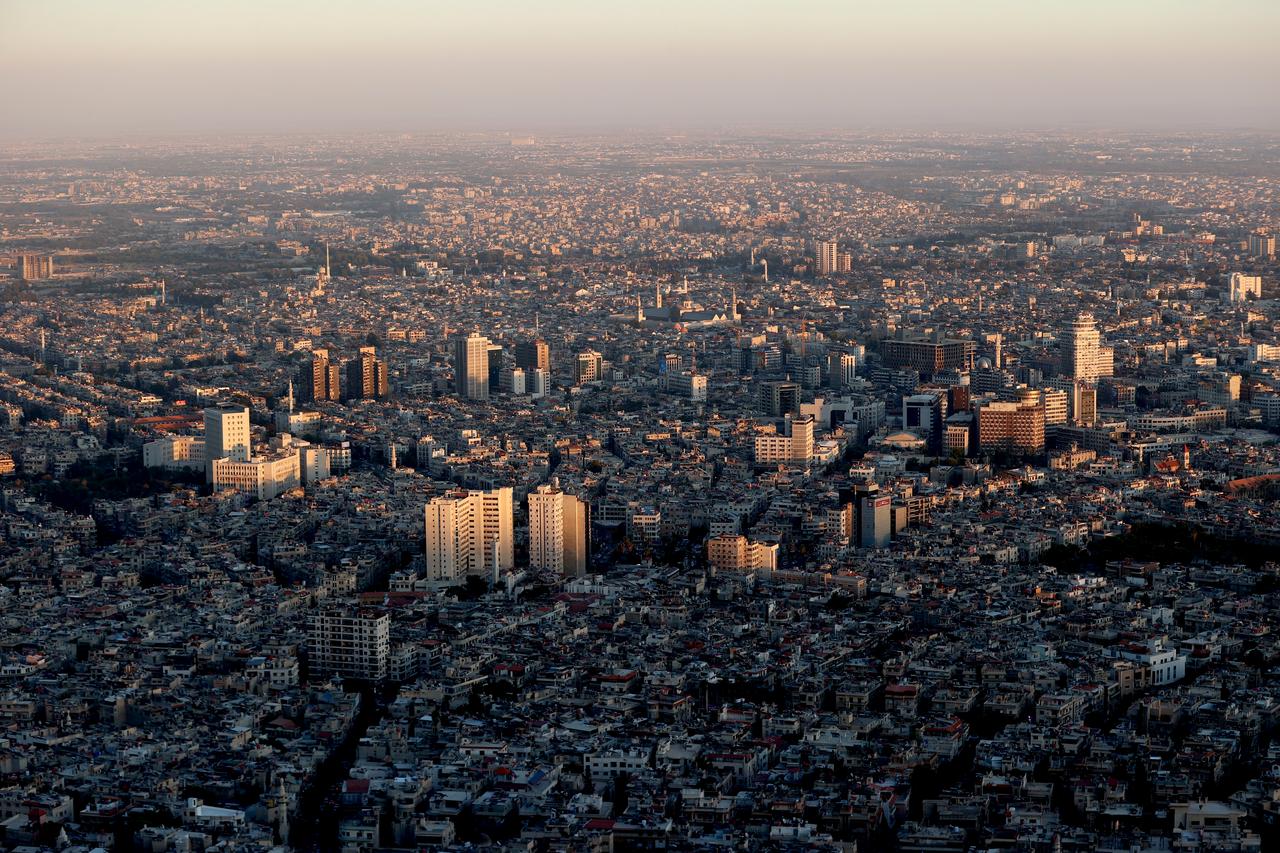
The foreign minister confirmed nearly 500,000 Syrian refugees have returned home, measured at border crossings, though returns also occur through other countries.
"Syria needs this population to return for the labor force needs to be met, for the economy to function and come to life, for factories to work, and for bureaucracy to work," he emphasized.
Regarding armed groups' integration, Fidan noted, "The first big project is gathering armed groups in the country under a single armed forces structure. I'm not talking about YPG yet. Resistance groups, opposition groups, and separate armed groups in the north and south. A major transition has been largely achieved here."
He stressed that while details need to be worked out, achieving general consensus and acceptance is important.
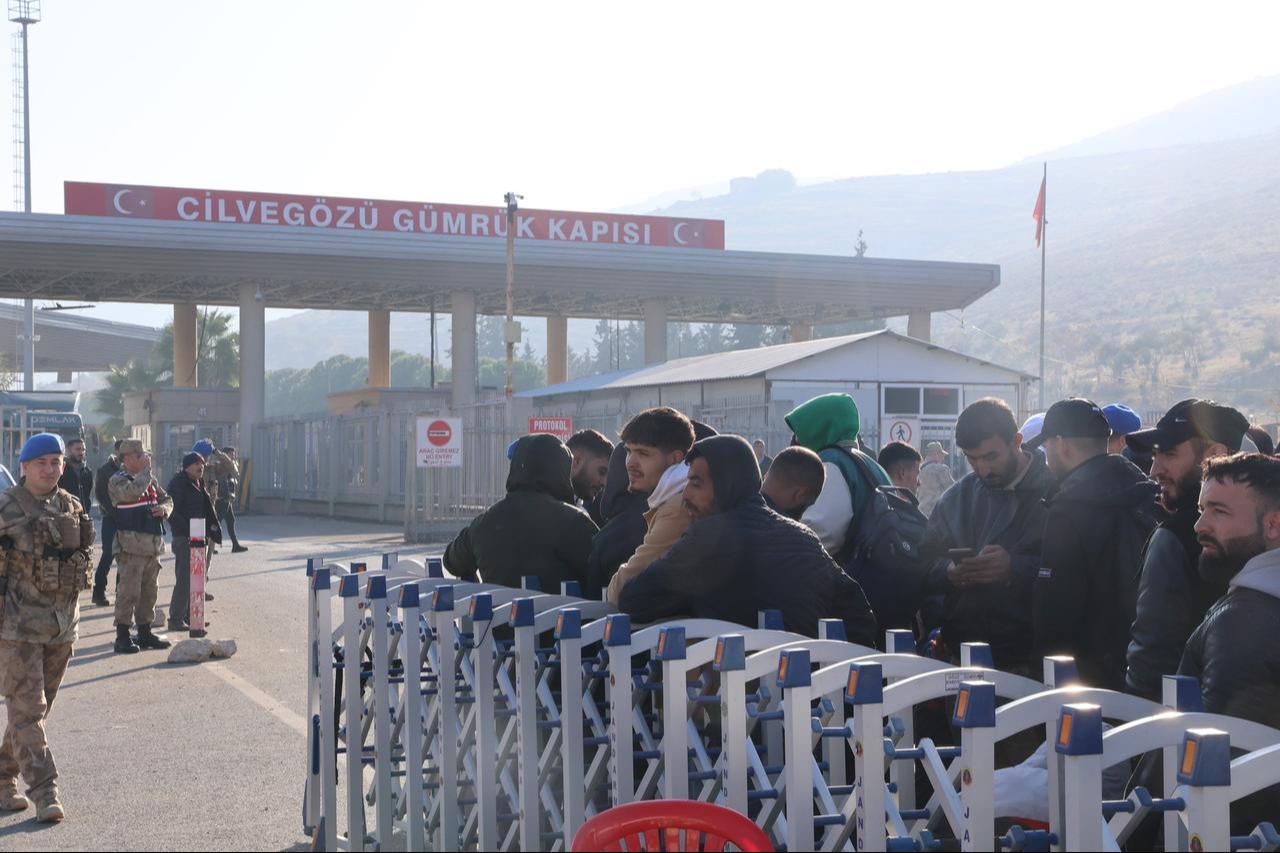
Addressing the March 10 agreement, Fidan declared YPG's withdrawal from Arab-populated areas the top priority, warning of consequences if unresolved.
"The withdrawal of the YPG from areas where Arabs live is the first priority, the issue that should come first. But this is not yet an issue that has been put into practice," Fidan said.
"There is already a certain amount of discomfort among Arab tribes from the beginning. Everyone is currently waiting for this to be resolved. If it is not resolved, very serious conflicts will emerge. Right now, the withdrawal of the YPG from areas where Arabs live is the first priority," Fidan said.
He specifically mentioned Deir ez-Zor, a predominantly Arab area, where transfer discussions remain unresolved.
"We see that YPG is in a maximalist attitude here. This occupying stance, this colonial attitude, needs to end immediately," Fidan stated.
"There are certain ongoing discussions, but there is currently no concrete content. Deir ez-Zor and other districts around that province have not yet reached an agreement, even on paper, on this matter," Fidan also said.
The SDF is dominated by the terrorist group YPG, the Syrian branch of the terrorist PKK.
On March 10, the Syrian presidency announced an agreement to integrate the SDF into state institutions, stressing the country’s territorial integrity and rejecting any separatist designs.
The group, however, has violated the agreement on more than one occasion.
Fidan delivered sharp criticism of Israel's security strategy, calling it dangerous for the entire region.
"The greatest risk is the risk of Israeli expansionism continuing through Syria. This is what we discuss most, consult most, and discuss with the Americans. Israel must abandon this approach. We explain this to them through both direct and indirect channels," Fidan said.
The foreign minister said Israel's current security strategy is fundamentally flawed. The strategy profits from keeping neighboring countries weak and divided.
"It is a very risky and dangerous strategy to produce security by keeping neighboring countries weak and divided, by profiting from the insecurity and weakness of others. This is what they have continued so far," Fidan said.
Fidan noted similar dynamics exist in Egypt and Jordan. However, these matters lie geographically distant from Türkiye, meaning Türkiye is not a first-degree stakeholder in addressing them directly.
Fidan rejected the strategic rationale for destabilizing Syria through fragmentation. He said fragmenting and weakening nations out of fear of future threats represents a dangerous approach.
"If you develop a security policy saying, 'These are Sunni Arab Muslims; we read their intentions. If they strengthen after 50 years, they will do something to me, so I will divide them, fragment them, keep them in chaos, and create problems.' This is a very dangerous policy," Fidan said.
He noted this destabilization policy affects not only Syria but neighboring countries as well.
Criminal groups also use religious elements to operate under the Daesh mask, a separate issue requiring examination.
"This affects not only Syria but also neighboring countries. Criminal groups also need separate examination for using religious elements and appearing under the Daesh mask," Fidan said.
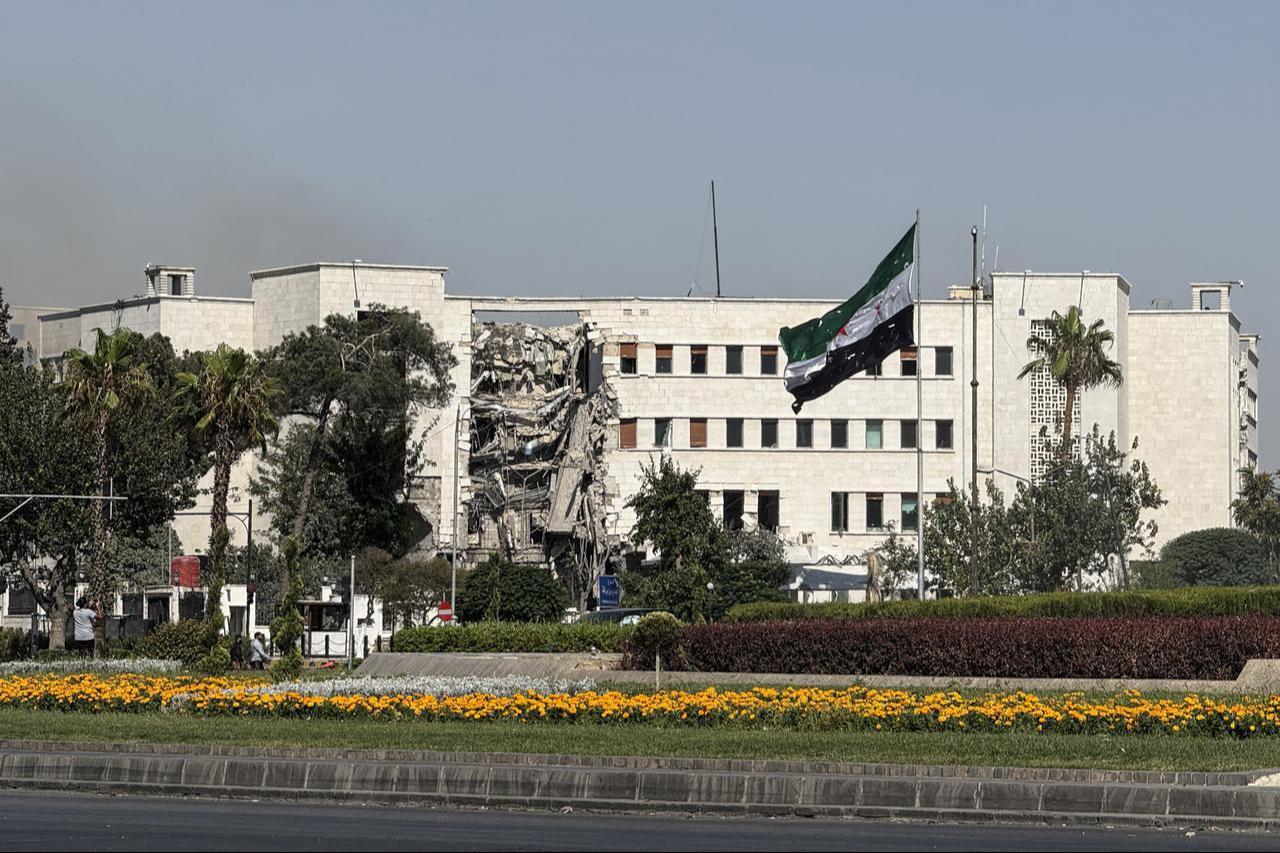
"The Syria issue is a first-degree national security issue for us, a physical problem," Fidan emphasized.
"Everything happening there is related to my territorial integrity here, my citizens' property, life and blood. As a state, I have to take this responsibility upon myself and act accordingly. When you systematize it this way, the attitudes and stances you present inevitably develop accordingly," Fidan said.
He outlined Türkiye's clear position: "Our message here is very clear: Syria shouldn't be a threat to anyone, including Israel, but no one should be a threat to Syria either. Everyone should sit down, wherever their borders are; no one should interfere with anyone's borders, land, business, and continue with their lives. This is what we want."
Fidan stressed that the YPG has provided no concrete plans to address Türkiye's security concerns. "For us, the problem is related to our national security. The YPG has not yet made any declaration or taken any action regarding relinquishing elements that pose a threat to Türkiye's national security," Fidan said.
"We are speaking with our American friends. They speak with the YPG. The more we speak with all three parties, the clearer it becomes who is rational, who is irrational, and what each reasonably wants. We have said this repeatedly: for us, the problem is related to our national security," Fidan said.
He listed unaddressed issues: "How to get rid of PKK militants of Iraqi and Iranian origin, the roadmap for this, and nothing has been presented about eliminating tunnels toward Türkiye, missile systems, and other elements."
Fidan emphasized that no roadmap exists addressing Iraq- and Iran-based PKK terrorists, tunnels, or missile systems targeting Türkiye.
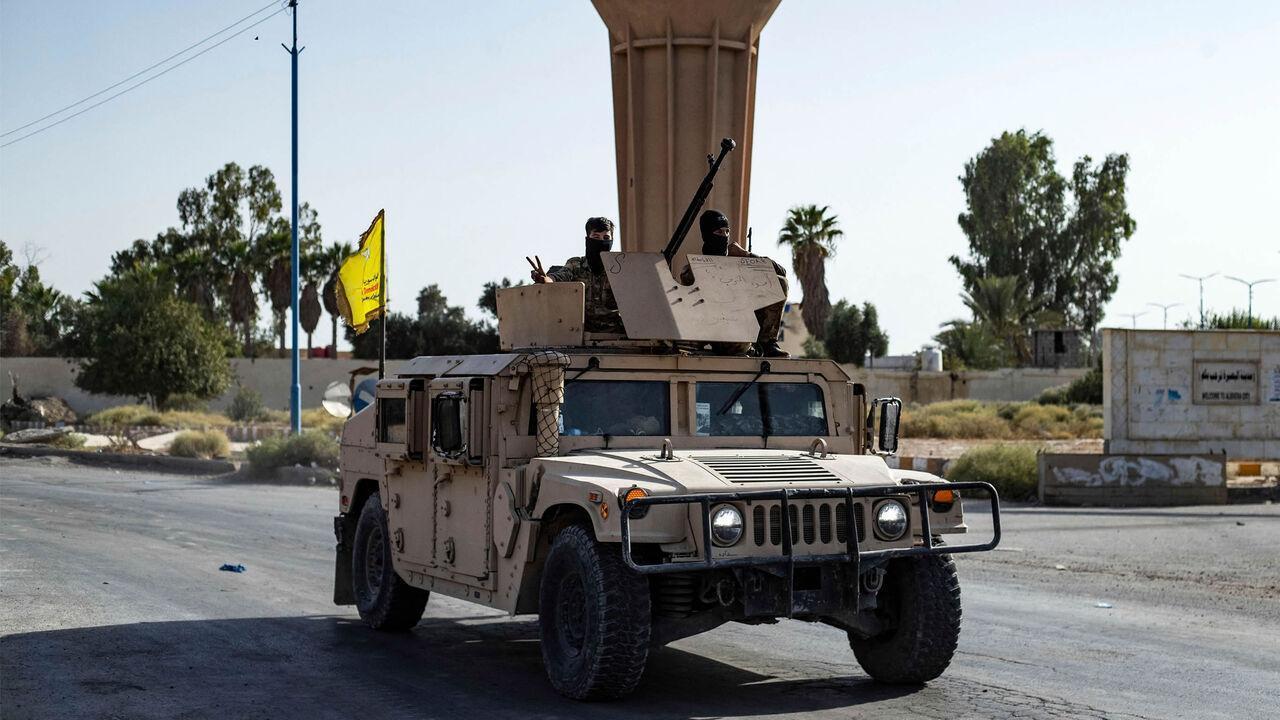
Fidan noted U.S. Ambassador to Türkiye Tom Barrack's appointment as Syria Special Representative, also handling Lebanon affairs, emphasizing Ankara's importance in Washington's regional approach.
"The Trump administration is pursuing bringing its own comprehensive Trump administration approach to the situation in Syria, as it is to situations in other places. We see this. Our constructive attitude and stance while this is being created is important," Fidan explained.
"His approach to the region through Ankara is extremely important. There are ongoing efforts here," he noted.
Fidan described the terrorist organization PKK's impact on countries hosting them, saying Türkiye is currently "the least affected country" while hosts suffer most.
"We have said this PKK issue many times in the past." Look, these guys are a virus, brother. Türkiye is a strong country. They give us a slight fever, but if this enters you, it will kill you. You can't handle it; you're weak."
"Your capabilities, your body, and your strength are weak; don't take this. If you take it, you'll die. You can't carry it. You're dying yourself trying to infect me with disease, brother. That's also a separate strategic mentality regression,'" Fidan stated.